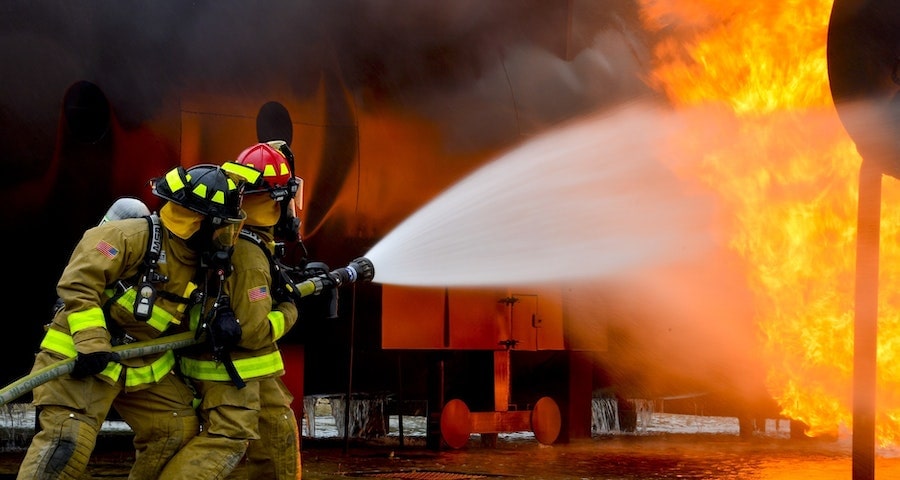
When it comes to fire safety, having the right equipment installed in your home or office is of utmost importance. Smoke alarms and detectors are devices that alert occupants of a potential fire, but do you know how they differ? While often used interchangeably, these two devices are not the same. In this article, we will delve deeper into the differences between smoke alarms and detectors to help you better understand fire protection design and choose the right device for your space.
Contents
How do Smoke Alarms work?
Smoke alarms are designed to detect smoke and alert occupants of a developing fire. They use optical or ionization sensors to detect smoke particles. The sensors are triggered when smoke enters the chamber, and the alarm sounds to alert you of potential danger. Smoke alarms are often battery-powered and can be installed on walls or ceilings. They are effective in smaller spaces, such as apartments or single-family homes.
How do Detectors work?
Detectors, on the other hand, are designed to detect heat and flames. They monitor the temperature in a room and can detect sudden changes. Detectors can also detect the presence of carbon monoxide, a colorless, odorless gas that is poisonous when inhaled. Unlike smoke alarms, detectors are often hard-wired and require professional installation. They are more suitable for larger spaces such as office buildings or commercial properties.
Advantages and Disadvantages of Smoke Alarms
Smoke alarms are cost-effective and easy to install, making them ideal for small spaces. They have a loud alarm that alerts occupants, even when they are sleeping, helping to prevent fatalities in the event of a fire. However, smoke alarms can be triggered by burnt toast or cooking smoke, creating false alarms. They may not detect fires that start in other areas of the building or those that produce little smoke.
Advantages and Disadvantages of Detectors
Detectors are more reliable than smoke alarms in detecting fires. They can detect fires in their early stages, providing time for occupants to evacuate safely. Detectors can also detect carbon monoxide, which is a silent and deadly gas. However, they are more expensive and require professional installation. They are also less sensitive to smoke and may not detect fires that produce little heat.
Which One Should You Choose?
The choice of whether to use a smoke alarm or detector depends on the space you want to protect. For small spaces, smoke alarms are more appropriate, while detectors are more suited for large spaces such as commercial properties. However, it is essential to have both smoke alarms and detectors in your home or office to provide maximum fire protection. Smoke alarms can be placed in every room, while detectors should be installed in common areas and near kitchens.
Conclusion
Having the right fire protection design is essential for the safety of your home or office. Smoke alarms and detectors are essential devices that can save lives in the event of a fire.
Understanding their differences can help you choose the right device for your space. Whether you choose a smoke alarm or detector, always ensure that they are installed correctly and tested regularly to provide maximum protection.
